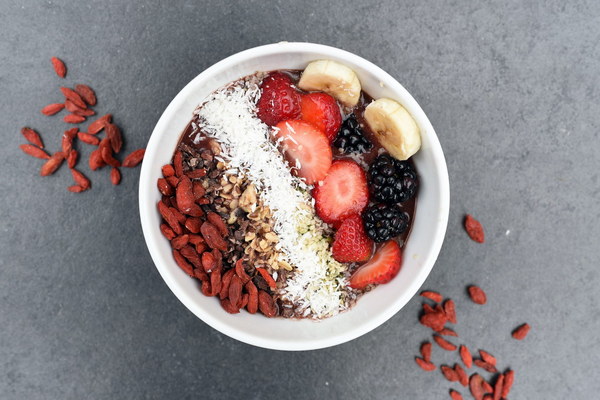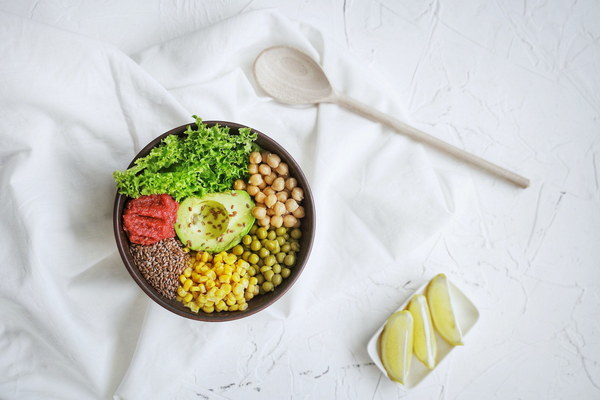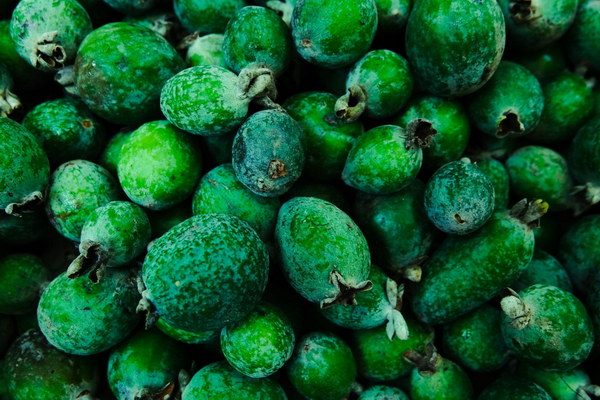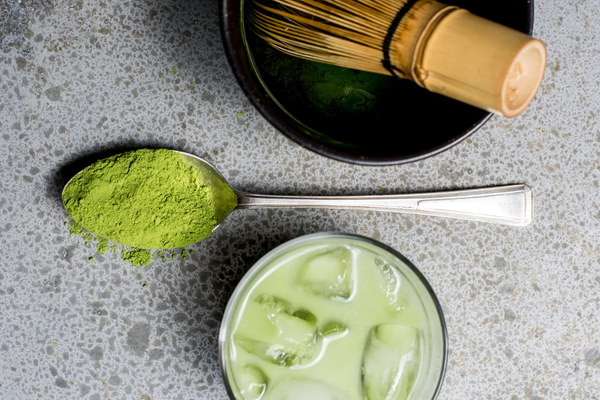Top Nutrition Tips What to Nourish Yourself with During the Start of Winter - the Time for 'Huang Lang' or 'Frost Descent'
As the days grow shorter and the temperature begins to dip, we reach the time of the year known as Huang Lang or Frost Descent, which falls on or around October 23rd according to the Chinese lunar calendar. This seasonal transition is a critical period for replenishing the body's energy and strengthening immunity in preparation for the colder months ahead. Here are some top nutrition tips on what to nourish yourself with during this time.
1. Warmed and Nourishing Soups
The arrival of frost descent signals the need for warm, comforting soups that can provide the body with essential nutrients and keep the internal energy, or Yin, balanced. Dishes like chicken soup, fish soup, or a beef and vegetable stew can be beneficial. These soups often include ingredients such as ginger, garlic, and scallions, which help to boost the immune system and ward off colds.
2. Root Vegetables and tubers
Root vegetables, known for their grounding properties, are a perfect choice during frost descent. Carrots, sweet potatoes, turnips, and radishes are rich in vitamins and minerals, and can be cooked in soups or stews to add warmth and flavor. They also help to tonify the spleen and stomach, which are vital organs for digestion and energy production.
3. Seafood and Shellfish
Seafood is a great source of protein and omega-3 fatty acids, both of which are beneficial for maintaining heart health and supporting overall well-being. Fish such as cod, salmon, and mackerel, as well as shellfish like oysters and clams, are particularly good during this time.
4. Nuts and Seeds
Nuts and seeds, like walnuts, almonds, and sesame seeds, are packed with healthy fats, protein, and essential minerals. They can be sprinkled on salads, added to stir-fries, or consumed as a snack to help fortify the body against the cold.
5. Herbs and Spices
Herbs and spices not only add flavor to your meals but also have medicinal properties. Cinnamon, cloves, and star anise are warming spices that can be used in teas, stews, and baked goods. Ginger, which is well-known for its immune-boosting properties, can be added to teas, soups, and even smoothies.
6. Dark Leafy Greens
Leafy greens like kale, spinach, and collard greens are rich in vitamins A, C, and K, as well as iron and calcium. They should be included in your diet during frost descent to support bone health and help ward off seasonal fatigue.

7. Fruits for Immunity
Fruits like oranges, grapefruits, kiwis, and berries are high in vitamin C, which is known for its immune-boosting effects. These fruits can be enjoyed raw, added to salads, or used in smoothies for a refreshing and healthy treat.
8. Herbal Teas
Herbal teas, such as elderberry, echinacea, and ginger tea, are traditional remedies that can support the immune system and provide warmth. They are a great way to end the day and prepare for a restful night.
Conclusion
The start of winter, or frost descent, is a time to focus on nourishing the body with warm, grounding foods that can help you stay healthy and energetic through the colder months. By incorporating these top nutrition tips into your diet, you can support your body's transition into the winter season and ensure you have the strength to face the challenges that come with it. Remember, the key is balance and variety, so enjoy your seasonal foods and listen to your body's needs.









